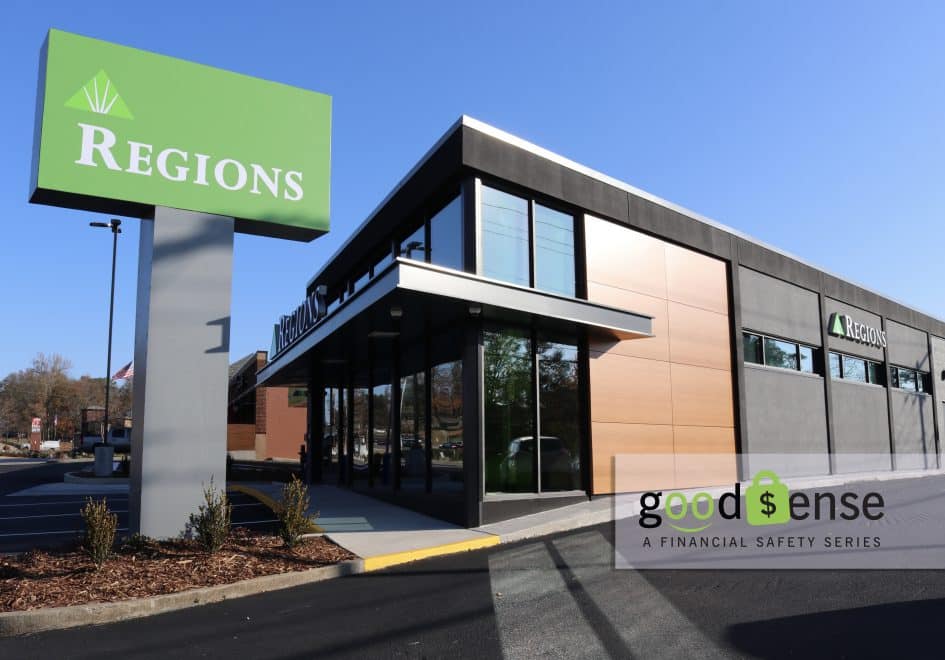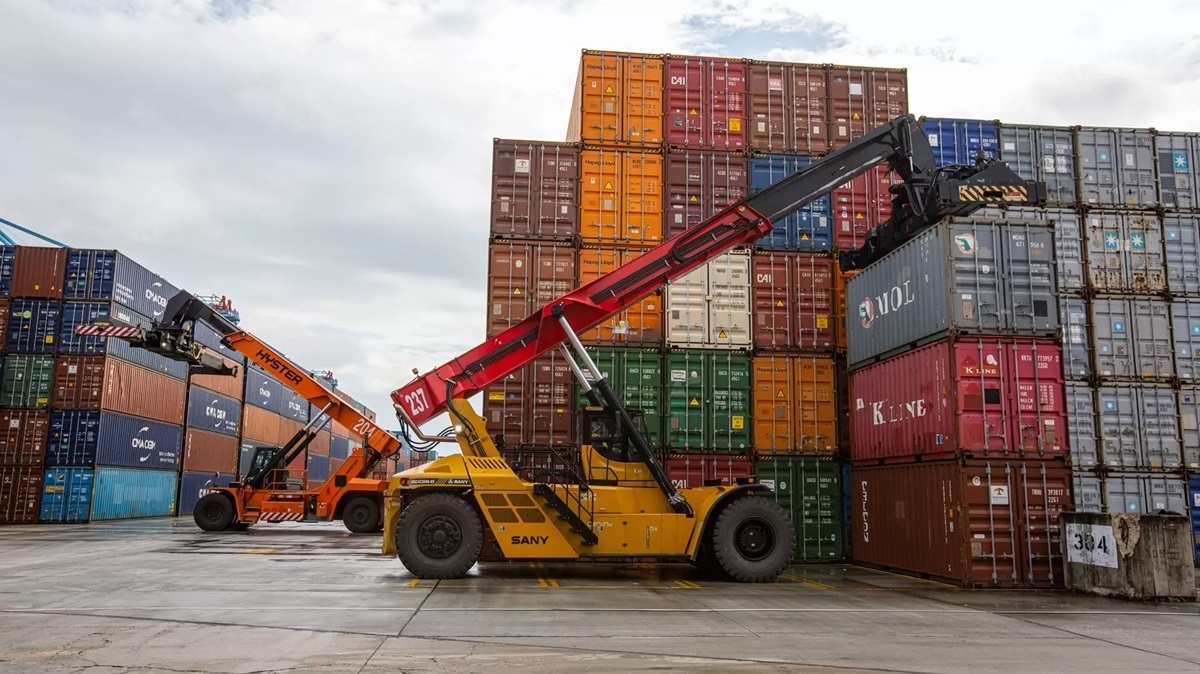It takes a team approach to combat financial crimes

Criminals are using technology to commit financial crimes on a wider and larger scale. (Getty Images)
Financial crimes cost the global economy trillions of dollars every year and are increasing in frequency at an alarming rate. That impact starts, however, with costing ordinary people and businesses hundreds of thousands of dollars. This month, Regions Bank launched the Good Sense financial safety series on its news website, Doing More Today, to show how consumers, businesses and financial institutions can work together to combat financial crimes such as elder financial abuse, business email compromise and human trafficking.
From seniors hurt by financial exploitation to businesses targeted by email spoofing, financial crimes aren’t just expensive, they’re widespread:

Financial abuse of the elderly is on the rise from both strangers and family members. (Getty Images)
- Elder financial abuse. According to the National Adult Protective Services Association, 1 in 9 seniors report financial abuse – and even then, they say elder abuse is under-reported. These situations commonly involve trusted people in the life of the vulnerable adult, such as loved ones, friends or caretakers, improperly using the older person’s funds, property or assets.
- Business email compromise (BEC). It’s a sophisticated scam that looks simple: Maybe it’s an email that looks like it’s from a company executive requesting a transfer of funds. But behind the scenes a criminal has compromised a legitimate business email account to conduct unauthorized funds transfers. According to the FBI, the losses from BEC increased by 136 percent to more than $12 billion between December 2016 and May 2018.
- Human trafficking. Beyond the human toll of compelling someone to work or engage in a commercial sex act through force, fraud or coercion, its victims commonly have several bank accounts opened by traffickers in their name. These accounts may be used for money laundering, loans or benefit fraud. According to the International Labour Office, the worldwide illegal profits generated from human trafficking now top $150 billion per year.
“The human impact of fraud is immense, whether you’re talking about one of the 40-plus million men, women and children trapped in trafficking, or the elderly victim scammed out of their life’s savings,” said Don White, head of Regions Corporate Security. “We work closely with law enforcement, and have people and procedures in place to identify, investigate and report financial crimes. That said, the best, first line of defense is for consumers and businesses to be educated and vigilant in spotting and thwarting these types of crimes before they happen.”

Regions is raising awareness of financial fraud this month. (Regions Bank)
A 25-year veteran of the Secret Service, White oversees a team of former district and U.S. attorneys; DEA and FBI agents; and former leaders from local, county and state police departments, all concerned for the safety of Regions customers, associates and properties 24 hours a day, 365 days a year.
Beyond Corporate Security, White says Regions associates are trained to spot the warning signs of financial crimes and report any suspicious activity. All Regions employees must successfully complete annual training courses on financial crimes, the Bank Secrecy Act/Anti-Money Laundering law, privacy and information security.
“Our focus is always on serving our customers and communities and making it easy to do business with us,” White said. “But the criminals are persistent, so that means all of us – from banks to consumers and the business community – have to constantly be on guard.”
Visit Doing More Today beginning March 6 for articles like this with information on combating financial crimes.





